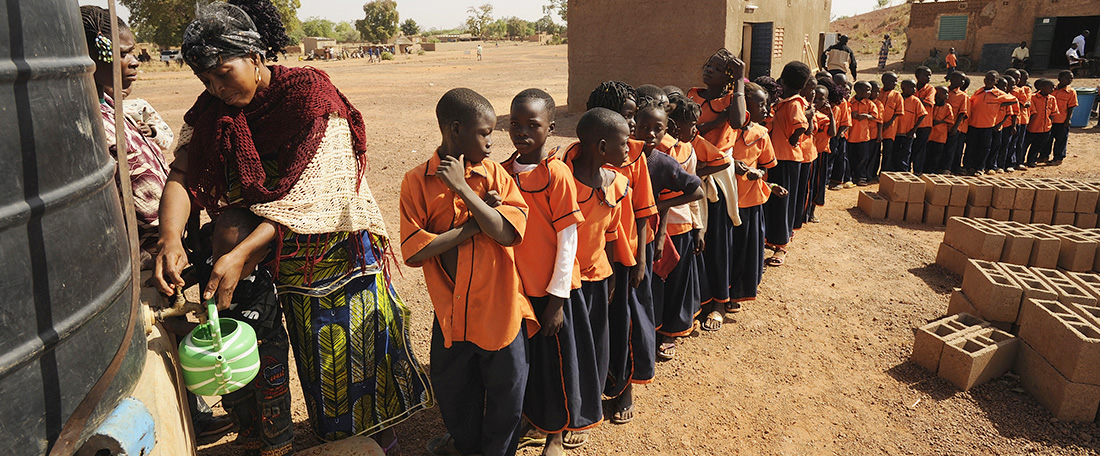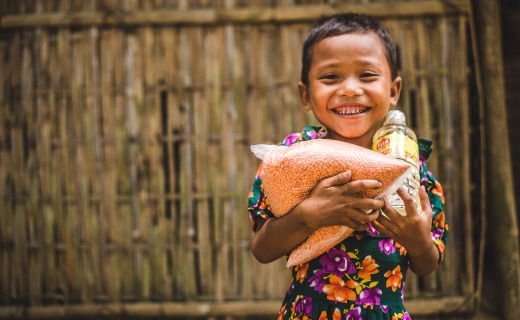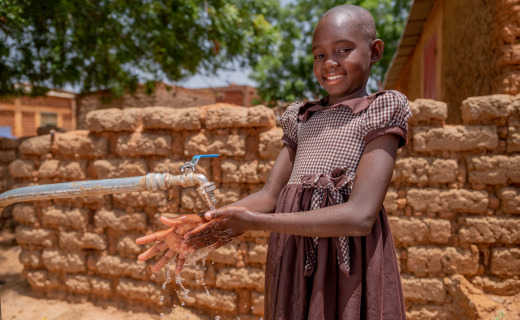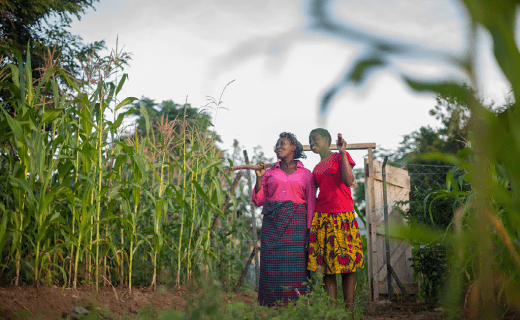Burkina Faso
Capital City: Ouagadougou
Population: 19 million
Life expectancy: Male: 60.1 years, Female: 63.6 years
Population with improved drinking water: Urban: 97.5%, Rural: 75.8%
Population with improved sanitation: 19.7%
Percentage of children underweight: 16.2%
Literacy rate: Male: 43%, Female: 29.3%
Child labour: 60%
Religion: Muslim 61.5%, Roman Catholic 23.3%, traditional/animist 7.8%, Protestant 6.5%, other/no answer 0.2%, none 0.7% (2010)
Percentage living below the poverty line: 40.1%
A little bit of history
Burkina Faso actually means ‘land of honest men’. The country received the name in 1983 and visitors to the country today always receive the warm welcome you’d expect from such an aptly named nation. Until 1960 the country, formerly known as Upper Volta, was under French control and the French influence is still evident today amongst more than 60 different ethnic groups.
How the country makes a living
Most people in Burkina Faso make a living from the land as subsistence farmers. They certainly have their work cut out in a country that’s renowned for drought, deforestation and desertification. With few natural resources and a weak industrial base, Burkina Faso relies on exports of gold and cotton, which places it at the mercy of the instability of the global gold and cotton markets and, of course, the weather. As a landlocked country with unreliable energy resources and poor transport links, Burkina Faso has struggled to make economic progress.
Challenges faced by children
Life is tough for children in Burkina Faso. With a severe shortage of schools the population has one of the lowest literacy rates in Africa at just 36%. Education is free, but children have to pay for their own school supplies, which is just too much for many families. For those that can attend, schools are very basic in terms of their facilities and are always overcrowded with up to as many as 60 children in a class.
By the time children reach secondary school, many parents see more benefit in sending their children to work. In fact, as many as 60% of children aged between 5 and 17 are involved in some form of child labour.
Compassion in Burkina Faso
Compassion began its ministry in Burkina Faso in 2004 with the Child Sponsorship Programme and now supports more than 98,522 children through 348 child development centres. The country also began operating the Child Survival Programme in December 2012.





